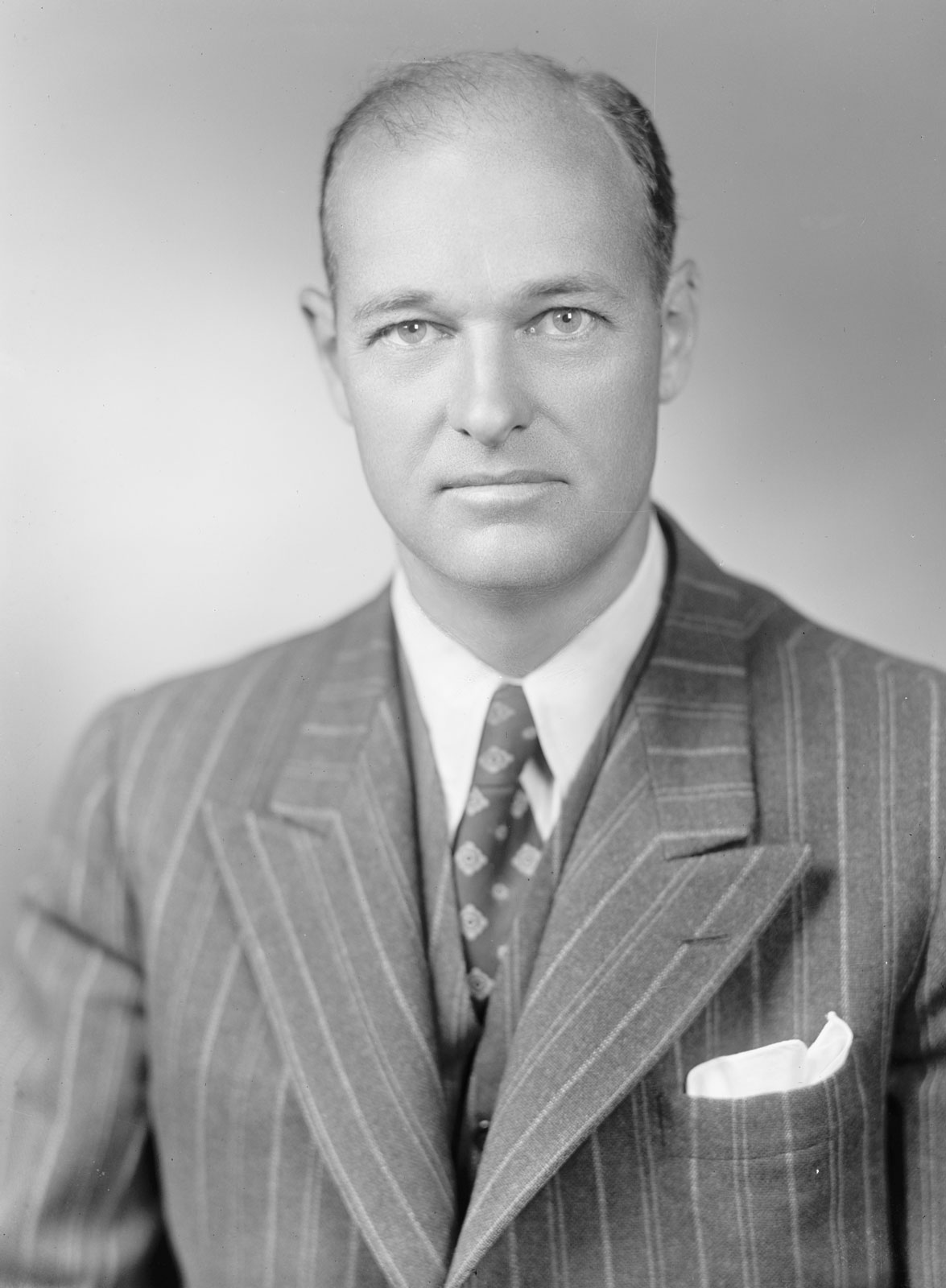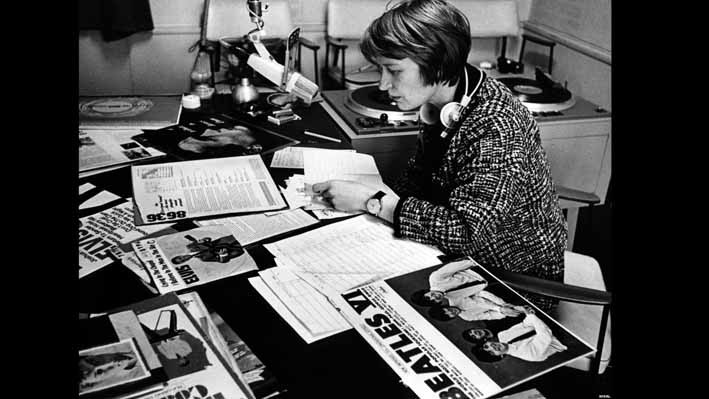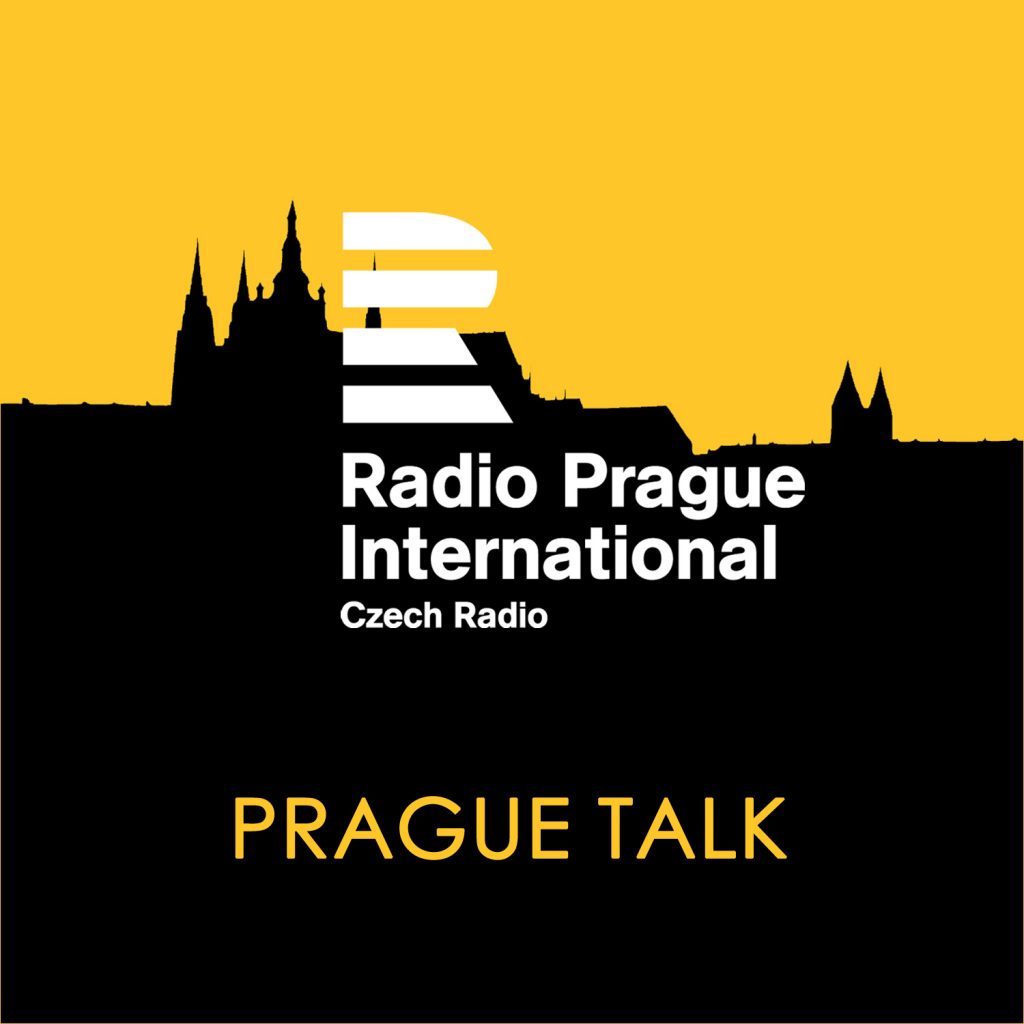Origins
After WW2, many displaced persons lived in refugee camps throughout Western Europe. Emigres from Eastern Europe comprised a large population at these camps. At first, they originally fled the Nazis, and then the Soviets later in the war. These emigres settled throughout various large cities in Western Europe. Many of these displaced peoples were former political and cultural leaders in their countries.

George Kennan of the US state department and ambassador to the Soviet Union knew that these emigres would be very powerful and influential in the fight against communism in their homelands. Kennan recommended that the US government create a public corporation to utilize the talents of the emigres. He asked Ambassador Joseph C. Grew to enlist prestigious civilians to lead an anticommunist organization committed to returning democracy to Eastern Europe.
Thus, the National Committee for a Free Europe (NCFE) was created. Its goals were to find work for democratic emigres from Eastern Europe, put their voices on the air in their own languages, and carry emigre articles back to their homeland through the printed word.
The NCFE had two branches: a publishing branch, known as the Free Europe Press and a radio branch, known as Radio Free Europe (RFE). It is this radio branch that this project will focus on.

Radio Free Europe began broadcasting on July 4, 1950. They broadcasted to Czechoslovakia via a station in Lampertheim, West Germany. At first, broadcasts were written in New York, and then sent to Germany to be broadcast, but eventually, all production for RFE was done exclusively in Munich, Germany. This was because Munich was the second largest city in the US occupation zone in Germany, and was a center for Eastern European emigres. Many of these emigres had experience with the technical and production aspects of radio.

Meanwhile, another committee called American Committee for the Liberation of the Peoples of Russia (AmComLib) had set up a smaller radio station known as Radio Liberation on January 12, 1956. This station exclusively broadcast to the USSR. Radio Liberation was later renamed Radio Liberty (RL).
In 1975, Radio Free Europe and Radio Liberty combined together, becoming known as Radio Free Europe/Radio Liberty (RFE/RL). This allowed for the station to now broadcast to all of Eastern Europe and all of the Soviet Union, from East Germany, to the steppes of Central Asia.
~ Robert Heinlein
Soviet Radio Efforts
The Soviet Union and various nations of the Eastern bloc also set up their own forms of Radio Free Europe/Radio Liberty. Their goal was to sway over emigres who had fled their home countries and settled in the West to come home to their nations. They also reported on Cold War conflicts in Africa and Asia, in tune with the Soviet political sentiments. The most prominent of these radio stations was Radio Prague.
